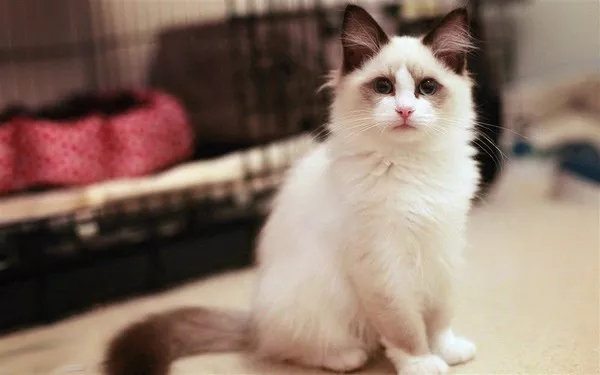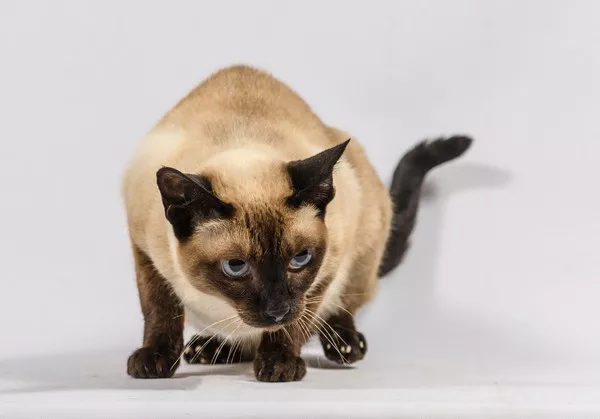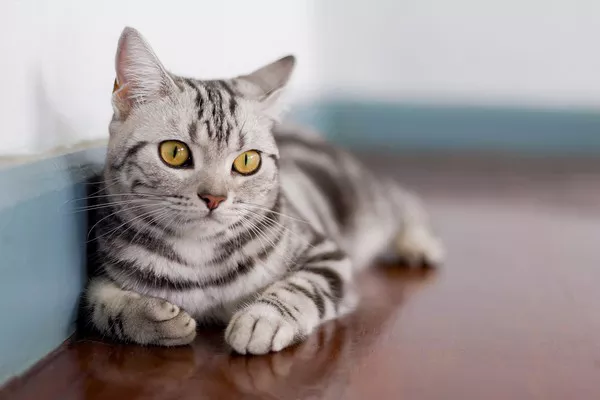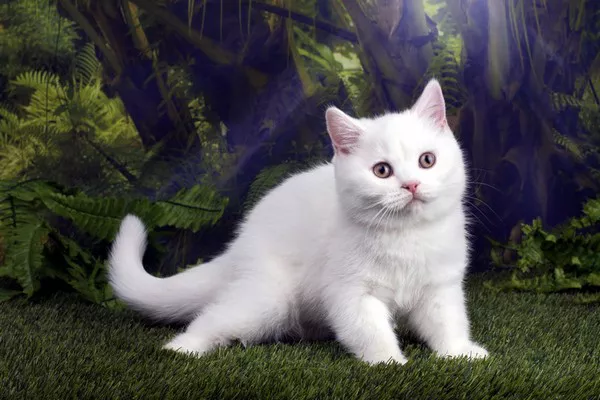As a curious cat owner, you may have wondered if your feline companion can indulge in the delights of peanut butter. While peanut butter is a beloved treat for humans, it’s essential to consider whether it’s safe and suitable for our four-legged friends. In this article, we’ll explore the potential benefits and risks of feeding peanut butter to cats, address the nutritional considerations, offer alternatives, and provide guidance on responsible treat choices for your beloved pet.
The Peanut Butter Temptation
1. Curiosity of Cat Owners
Cat owners often find themselves sharing various foods with their pets out of curiosity and a desire to provide them with a diverse diet. Peanut butter is one such food that raises questions regarding its suitability for feline consumption.
2. Cats‘ Unique Dietary Needs
Cats have distinct dietary requirements compared to humans and even dogs. Their digestive systems are designed to process animal-based proteins, and their nutritional needs are different from ours.
Nutritional Content of Peanut Butter
1. Protein and Fat
Peanut butter contains protein and healthy fats, which are essential components of a balanced diet. However, cats require animal-based protein sources to thrive, as their bodies lack certain enzymes needed to efficiently digest plant-based proteins.
2. Lack of Taurine
Taurine is a critical amino acid for cats that supports various bodily functions, including vision and heart health. Peanut butter lacks taurine, which makes it an incomplete source of nutrition for felines.
Potential Risks of Peanut Butter for Cats
1. Allergies and Digestive Upset
Cats can develop allergies to various foods, including peanuts. Additionally, the high fat content in peanut butter can lead to digestive upset, including diarrhea and vomiting in some cats.
See Also: What Can You Give a Kitten for Diarrhea: Effective Solutions
2. Xylitol Concerns
Some peanut butters contain xylitol, a sugar substitute that is toxic to cats and dogs. Even a small amount of xylitol can lead to severe health issues, including hypoglycemia and liver damage.
Safe Peanut Butter Consumption
1. Moderation
If you’re considering offering a tiny amount of peanut butter as a treat, moderation is key. A small lick or taste occasionally is unlikely to cause harm, but it’s crucial to monitor your cat’s reaction.
2. Check Ingredients
Before sharing any human food with your cat, carefully read the ingredient list. Avoid peanut butters with added sugars, xylitol, and other potentially harmful additives.
See Also: What Fruits Can Cats Eat: A Guide to Safe & Healthy Fruit for Cats
Nutritional Alternatives for Cats
1. Meat-Based Treats
Cats are obligate carnivores, meaning their diets should primarily consist of animal-based proteins. Opt for meat-based treats that align with their nutritional needs.
2. Commercial Cat Treats
Commercial cat treats are formulated to provide cats with the nutrients they require in appropriate portions. Look for treats that contain high-quality proteins and minimal additives.
Homemade Cat Treats
1. DIY Treat Options
Consider making homemade cat treats using cat-friendly ingredients. These treats can include small pieces of cooked chicken or fish, ensuring your cat receives appropriate nutrients.
2. Consultation with a Vet
Before introducing any new treats or foods into your cat’s diet, consult your veterinarian. They can offer personalized guidance based on your cat’s age, health status, and nutritional needs.
Observing Your Cat’s Response
1. Individual Variation
Every cat is unique, and their tolerance and reaction to certain foods can vary. Pay close attention to your cat’s response after trying peanut butter or any new treat.
2. Signs of Discomfort
If you notice any signs of discomfort, digestive upset, or unusual behavior after offering peanut butter or a new treat, discontinue its use and consult your vet.
See Also: Can Cats Eat Rice? A Comprehensive Guide
Conclusion
In conclusion, while peanut butter may be a tasty treat for humans, it’s important to approach the idea of feeding it to cats with caution. Cats have specific dietary requirements, and their nutritional needs should be met through appropriate sources of animal-based proteins and essential nutrients. While a small taste of peanut butter is unlikely to be harmful, it’s recommended to opt for meat-based treats or commercially formulated cat treats that cater to their unique dietary needs. Before introducing any new treat into your cat’s diet, consult with your veterinarian to ensure that your furry friend’s health and well-being are prioritized. Remember, responsible treat choices contribute to your cat’s overall health and happiness.



























